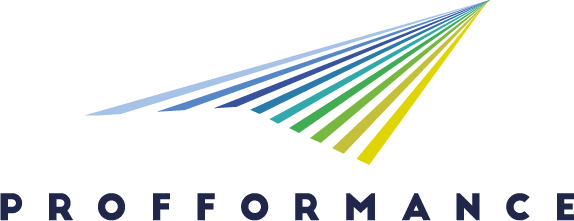DEGROWTH
Degrowth Economy: Teaching Ecological Economics with a Twist in Hungary
- 04 – Business, administration and law
4. Impact and mission with and for society
- Service-learning and active citizenship learning for impact in society
- Promoting social responsibility through teaching professional and ethical values
- Joint practices with social partners and stakeholders of civil society for empower students to active citizenship
As educators and researchers teaching business-related subjects in higher education, we acknowledge our responsibility that what we teach and how we teach influence our students as citizens, consumers, and future decision-makers. Therefore, it is of utmost importance to assist them in adopting sustainability-sensitive attitudes and practices. In this endeavour, we turn to non-formal educational methods – namely transformative learning - to design spaces where students are encouraged to challenge the basic premises (e.g., unlimited growth through competition) of contemporary economics and managerial ethos. Degrowth Economy is designed to familiarize the problem of sustainability to students within economic higher education. Our basic assumption is that due to its complexity, sustainability education needs to exceed the mere intellectual dimension (e.g., knowledge about how economic production destroys ecosystems). It should also affect students’ attitudes and later have a spill-over effect on society as a whole. The Degrowth Economy course follows the logic of a real-life Citizens’ Jury. Students deliberate on the role of economic growth in times of ecological crises, dealing with ecological and social problems, practice active citizenship, discuss sustainability issues, and take part in participatory group learning processes. In our opinion, one reason why all “developed” and many “undeveloped” socio-economic regimes are on unsustainable trajectories is the shallow level of interventions regarding the respective system. To take a sustainable trajectory, basic (deep) concepts of what and why we produce/consume have to be questioned. Just like other systems, we argue, higher education and more specifically management programs relating to sustainability issues, rarely reach the deep, foundational levels, where currently prevailing values, worldviews, power structures and rules could be challenged and transformed. In higher education, sustainability generally appears as one subject, one fragment of the whole, a rather materialistic-oriented knowledge-mosaic. Inspired by the ‘head, heart and hands’ holistic educational approach, we intentionally designed our course to encourage changes in mindsets. The course runs in cooperation with the National Council for Sustainable Development in Hungary as the initiator of the Citizens’ Jury and the client making use of the final recommendations of students makes the process more realistic and sincere.
Methodology
Tools, equipment, technology used
Outcomes and outputs, main results
Lessons learnt
Adaptability and sustainability of the best practice (for other institutions)
Promotion of best practice
Scope and impact
- Course/department level
- Faculty level
- Institutional level
- Cross-institutional level
- National level
- EU/EHEA/International level
6.1 Digitalization
- Digital skills development and assessment both general and profession-related, embedded in course design, in teaching and assessment
- Data security and responsible digital presence embedded in learning outcomes
Reasoning: The digitalisation of the course as a response to the Covid-19 situation led to no loss in student experience due to the innovative combination of available tools for shared online work (Teams, Xmind, Whiteboard, Kahoot!, Google form, podcast channels). The topics of the course include the role of technology sustainability transition and hence students discuss with invited experts what the opportunities and threats digitalisation mean for the environment and society.
6.2 Internationalization
- Courses offered to international multicultural students both online and offline
Reasoning: The course is offered to both Hungarian and international students and is available both in English and in Hungarian online and offline. There is cooperation with the Degrowth Support Group (the international Degrowth network) and the European Society for Ecological Economics. Through this cooperation, international guests can appear in the course and wide-ranging international research results are being discussed in podcasts run by one of the tutors both in Hungarian ) and in English.
6.3 Inclusion and diversity, universal design
- Senzitivizing students to consider special needs when practicing their profession
- Course includes hints on how the services/products of the profession could be universally designed/inclusive
Reasoning: One of the aims of the course is to sensitize students towards social justice and equality. The invited experts symbolize diversity, with themes focused on inclusion. Overall, public participation is also about inclusion, which is the foundation of the course. An important message for this course is how to be inclusive as a business decision-maker. The class creates a diverse student community where different opinions are reflected.
6.4 Sustainability
- Sustainability goals are addressed in the course(s)
- Teaching material contains profession related sustainability aspects
- Environmental attitude, skill development and assessment either general or profession-related
- Sustainability aspects are considered in all phases of the learning practice - "hidden curriculum"
Reasoning: Our course is designed to affect how students frame and problematise sustainability issues and serve as a space for change. Normally courses in economic higher education relating to sustainability issues rarely reach the deep, foundational levels, where currently prevailing values and worldviews could be challenged and transformed. We intentionally design our course to change sustainability-related mindsets and therefore sustainability aspects are considered all along with the learning practice.

